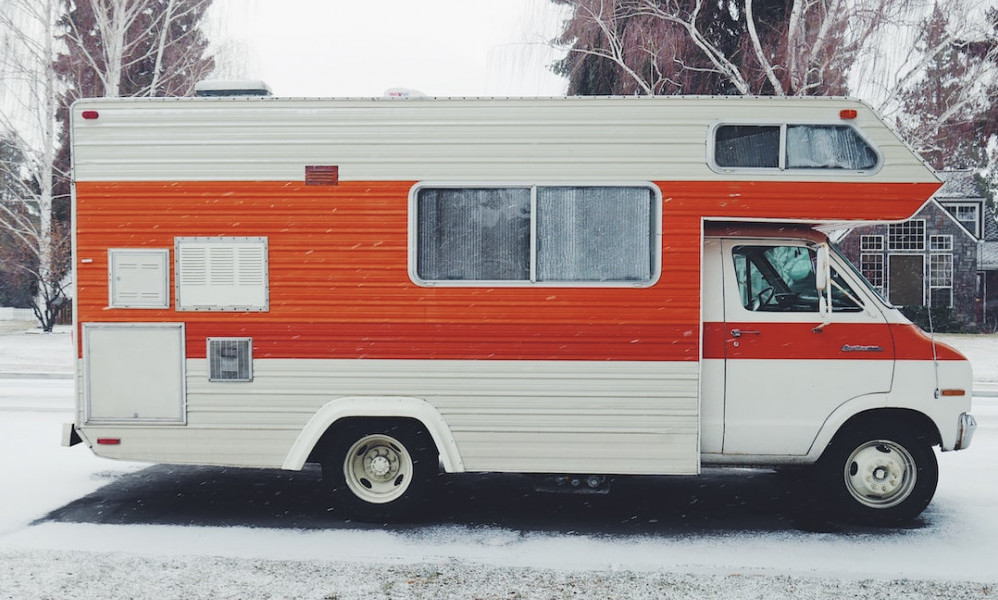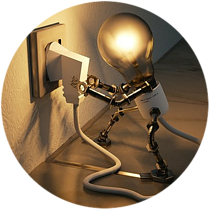
Camping on an assignment during the winter can be challenging. Recently in Georgia, we had a harsh Winter storm come through that had the entire campground water lines frozen. Well, except for the bathhouse, thankfully. It was quite a mess. We had to buy water to use for cook, clean, go to the restroom, and brush our teeth. We thought we were prepared for the storm with a heated water hose and a heated trough for the sewer lines. The power of mother nature was extreme. The water and sewage lines froze. So, we resorted to the bath house for a cozy warm shower since that was the only water available. We were lucky in that aspect. So coming in from work in healthcare after 11:30 pm in 9 degree weather was no fun with no running water or a way to drain the RV tanks. All I want to do after a shift at the hospital is to take a nice long warm shower to remove any germs. So, here we are going to talk about how to cover your water and sewer lines so maybe you can prevent this from happening to you if you are a traveler in an RV this winter.
Gather these items…

- Heated water hose
- Foam wrap
- Gorilla tape
- Tarps
- Heated sewer trough
- Rocks or heavyweight
- Large box
- Light
Put it together…
This sounds like a ton of work. However, you only have to install it one time for the winter if you will be on that assignment for 13 weeks.
Measure the hoses to evaluate how much material is needed. Make sure to get the foam a little bigger in diameter than the water hose. You want to wrap the entire hose. Even at the fittings. Get the foam with the split that is used for pipe. Put the heated water hose into the foam split and work it all the way down to the end. Come back with gorilla tape and secure it to the hose by wrapping the foam. You can always cut the tape at the foam slit for easy removal. Make sure the water hose is plugged into a receptacle so the heat will work.
Hook up the sewer lines to the RV. Build the sewer trough so it will have a decline to the sewer connection. Lay the sewer hose in the trough. Make sure to take out any slag in the hose as ice will accumulate there and block the hose. Cover the entire line with a tarp and weigh it down on the edges with rocks so the tarp won’t fly up.
Place your light near the water and sewer connection. Plug it in. This light will keep heat on any exposed water lines. Place the box over the connection and cover the box with a tarp so the light will stay dry. Secure the edges with rocks to weigh it down. This is easily removed and can be set up each time you set up for the winter. Always check to make sure there is a GFI receptacle before use.
Why?
No water. No peace. Anyone who has ever been camping knows clean water is a necessity. Water is the basic component to survive. If water lines go without cover in the winter you can have pipes bust and ruin your RV or worse have busted sewage tanks that smell really bad causing you thousands of dollars to replace. Not to mention, you will have some pretty upset neighbors. Oooooh! Smelly!! So protect your lines.
Monitor and assess…
You will need to monitor your lines daily. Make sure they are intact without leaks. You don’t want to encounter a flood or an ice sculpture after you arrive back from work. Sometimes, the cover will come off. Replace it. You don’t want a frozen line in one little spot as it occludes the entire hose or sewer line. Make sure your rocks are in place to hold your tarps down. Flying tarps are not fun to catch.

Cover it up…
You may be in an area that is covered with snow or the temperature is 0 degrees. Covering your lines this winter will save you thousands of dollars in repairs with these small tips. I know I will have my lines covered for the rest of this winter just like this. I may also be the only one with running water. That makes me smile. Going without water was no fun at all. I hope this helps you all to prepare for RV living in the winter. Leave your ideas on how you keep your water and sewer lines from freezing below. Happy RV-ing!
The Warmest Regard,
Kathleen
w. imagingtravelnut.com
e. kathleen@imagingtravelnut.com


This is really good information for those who are out in the elements in their RVs. Nobody wants to deal with burst pipes or lines…especially in freezing temperatures. It is true though…no water…no peace. Water is such an integral part of living that if you are unable to access it on a regular basis, it can be detrimental to relationships with the people you are living with (in the RV at that time). Thank you so much for the good information!
Hi Kelly, You’re welcome and I am so glad you enjoyed the information. Always need water. 🙂
Oh my god this is so good, I didn’t know half of this and now I gained so much knowledge only from you, thank you my friend, keep posting and please keep putting your time and efforts into it, the guality is good, keep it up friends, ask me if you want help, I’ll tell you what I know
Thank you Eduardo! I am glad you enjoyed the read. 🙂